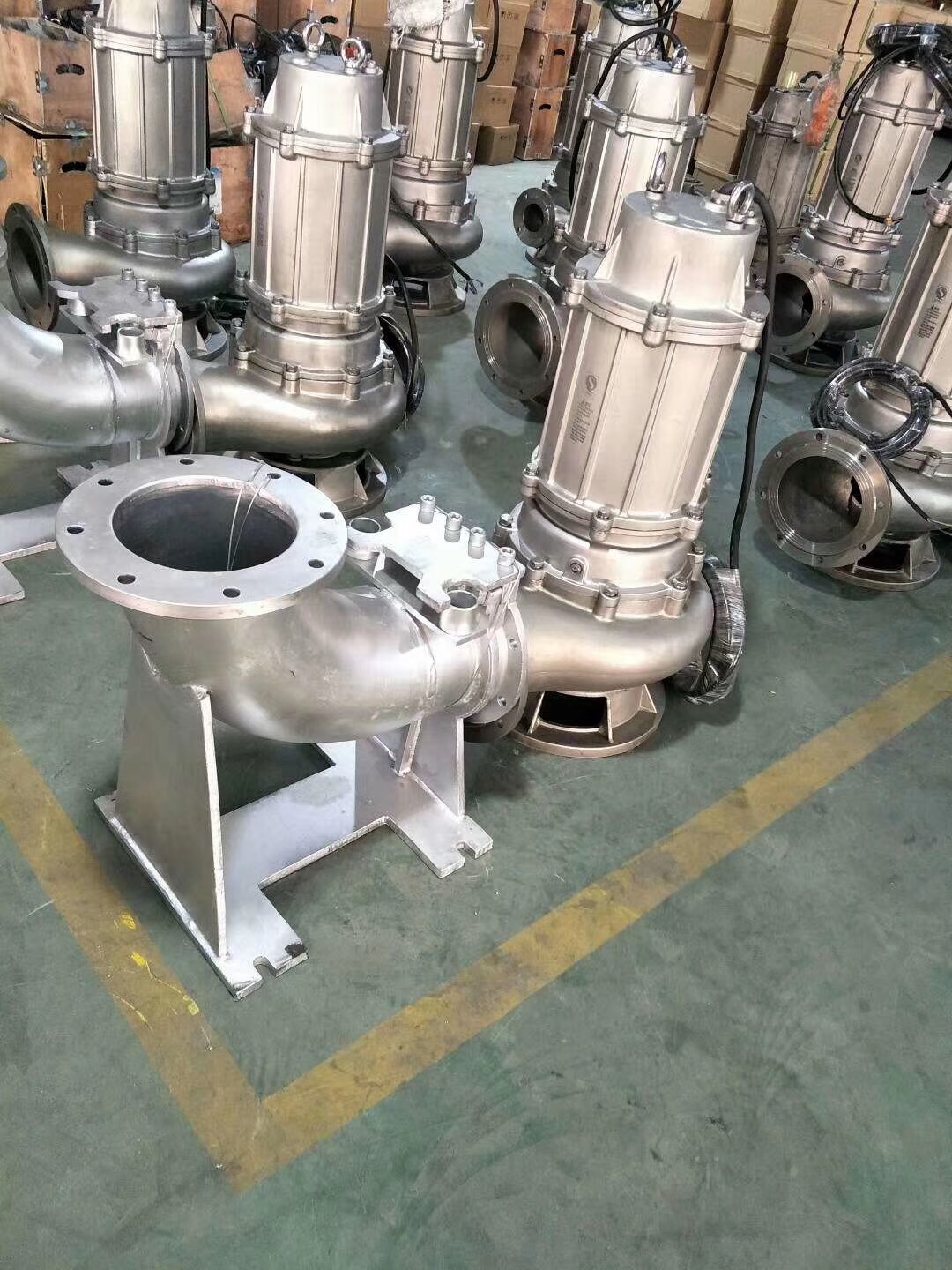Romanian
- Afrikaans
- Albanian
- Amharic
- Arabic
- Armenian
- Azerbaijani
- Basque
- Belarusian
- Bengali
- Bosnian
- Bulgarian
- Catalan
- Cebuano
- Corsican
- Croatian
- Czech
- Danish
- Dutch
- English
- Esperanto
- Estonian
- Finnish
- French
- Frisian
- Galician
- Georgian
- German
- Greek
- Gujarati
- Haitian Creole
- hausa
- hawaiian
- Hebrew
- Hindi
- Miao
- Hungarian
- Icelandic
- igbo
- Indonesian
- irish
- Italian
- Japanese
- Javanese
- Kannada
- kazakh
- Khmer
- Rwandese
- Korean
- Kurdish
- Kyrgyz
- Lao
- Latin
- Latvian
- Lithuanian
- Luxembourgish
- Macedonian
- Malgashi
- Malay
- Malayalam
- Maltese
- Maori
- Marathi
- Mongolian
- Myanmar
- Nepali
- Norwegian
- Norwegian
- Occitan
- Pashto
- Persian
- Polish
- Portuguese
- Punjabi
- Romanian
- Russian
- Samoan
- Scottish Gaelic
- Serbian
- Sesotho
- Shona
- Sindhi
- Sinhala
- Slovak
- Slovenian
- Somali
- Spanish
- Sundanese
- Swahili
- Swedish
- Tagalog
- Tajik
- Tamil
- Tatar
- Telugu
- Thai
- Turkish
- Turkmen
- Ukrainian
- Urdu
- Uighur
- Uzbek
- Vietnamese
- Welsh
- Bantu
- Yiddish
- Yoruba
- Zulu
Telephone: +86 13120555503
Email: frank@cypump.com
nov. . 02, 2024 23:43 Back to list
basement plumbing pump
Understanding Basement Plumbing Pumps A Essential Guide
Basement plumbing pumps play a crucial role in managing water levels and preventing flooding in homes and commercial properties. These pumps are integral for maintaining a dry and safe basement environment, particularly in areas prone to heavy rainfall or rising groundwater levels. In this article, we will explore the importance of basement plumbing pumps, their types, and maintenance tips to ensure their efficient operation.
Importance of Basement Plumbing Pumps
Many basements are located below ground level, making them susceptible to water accumulation from rain, melted snow, or groundwater. Without a dependable plumbing pump system in place, water can quickly flood the basement, leading to significant structural damage, mold growth, and costly repairs. A plumbing pump helps remove excess water, protecting not only the property but also the health and safety of the inhabitants.
Types of Plumbing Pumps
1. Sump Pumps The most common type of basement plumbing pump is the sump pump. Installed in a sump pit, sump pumps automatically detect water levels and activate to pump out excess water. They are typically used to prevent basement flooding and keep the space dry. Submersible sump pumps are commonly used because they operate underwater, allowing for quieter operation and leaving more space in the basement.
2. Effluent Pumps While not as common as sump pumps, effluent pumps serve a specific purpose. They are designed to move wastewater from a sediment tank or sump pit to a drain field or sewer system. These pumps are often used in homes with septic systems, ensuring the safe and proper disposal of waste.
basement plumbing pump

3. Utility Pumps Another type of plumbing pump is the utility pump, which is more versatile. These portable pumps can be used for a variety of applications, including draining flooded areas or emptying water from swimming pools. However, they are not typically designed for continuous operation like sump pumps.
Maintenance Tips
To ensure that a basement plumbing pump operates effectively when needed, regular maintenance is paramount. Here are a few tips to keep in mind
- Check the Pump Regularly Inspect the pump periodically to ensure it is free of debris, including dirt and leaves, which can obstruct its operation. - Test the Pump Run the pump periodically, even during dry seasons. This testing ensures that it activates when needed and confirms its operational status.
- Inspect the Float Switch The float switch is responsible for triggering the pump to turn on and off. Ensure it moves freely and is not stuck in a position that would prevent the pump from functioning.
- Clean the Sump Pit Keep the sump pit clean and clear of any debris that could affect the pump's performance.
In conclusion, investing in a basement plumbing pump is essential for protecting your property from water damage. Choosing the right type of pump and performing regular maintenance can significantly extend the lifespan of your plumbing system and safeguard your basement from potential flooding disasters.
-
Reliable Non-Clog Sewage Pumps with GPT-4-Turbo Tech
NewsAug.04,2025
-
High-Performance Air Pumps for Sand & Gravel | Efficient Transport
NewsAug.03,2025
-
ISG Series Vertical Pipeline Pump - Chi Yuan Pumps Co., LTD.|Energy Efficiency, Corrosion Resistance
NewsAug.03,2025
-
ISG Series Pipeline Pump - Chi Yuan Pumps | Energy Efficiency&Compact Design
NewsAug.03,2025
-
ISG Series Vertical Pipeline Pump - Chi Yuan Pumps Co., LTD.|High Efficiency, Low Noise, Durable
NewsAug.02,2025
-
ISG Series Vertical Pipeline Pump - Chi Yuan Pumps | High Efficiency, Low Noise
NewsAug.02,2025










